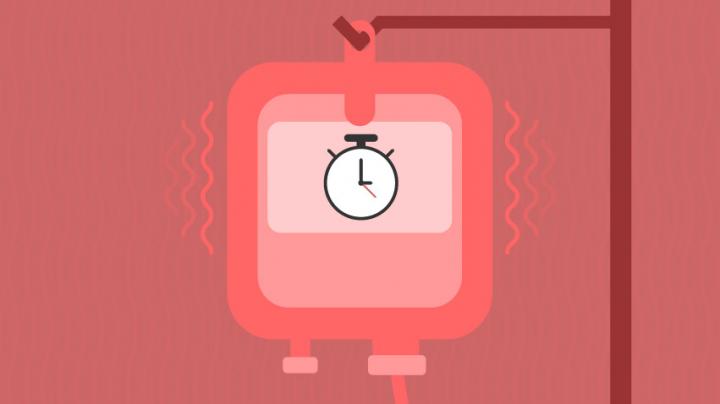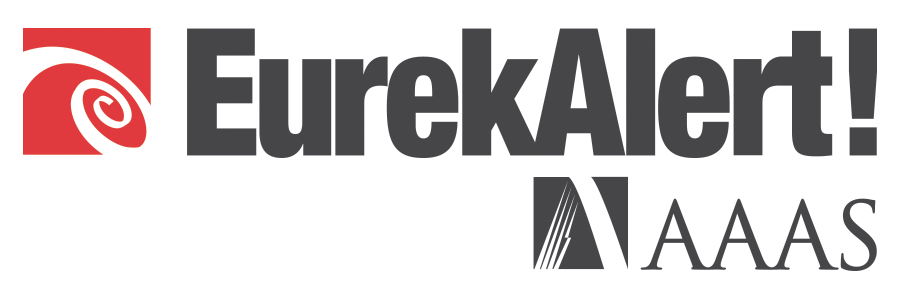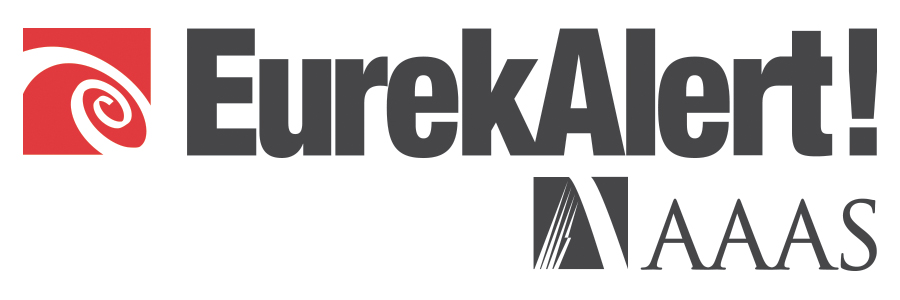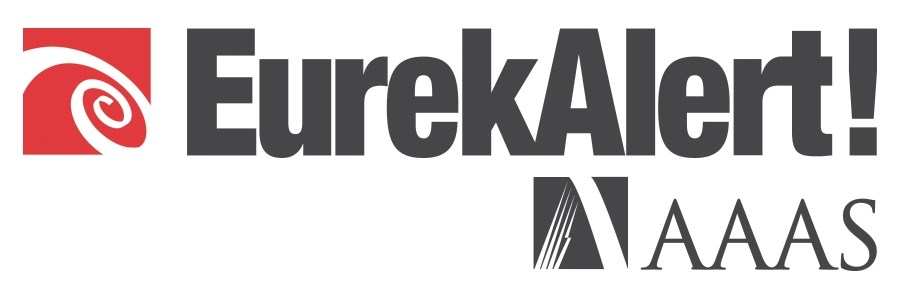Black silicon can help detect explosives
Scientists from Far Eastern Federal University (FEFU), Far Eastern Branch of the Russian Academy of Sciences, Swinburne University of Technology, and Melbourne Center for Nanofabrication developed an ultrasensitive detector based on black silicon. The device is able to detect trace amounts of nitroaromatic compounds and can be applied to identify the majority of explosives or…









